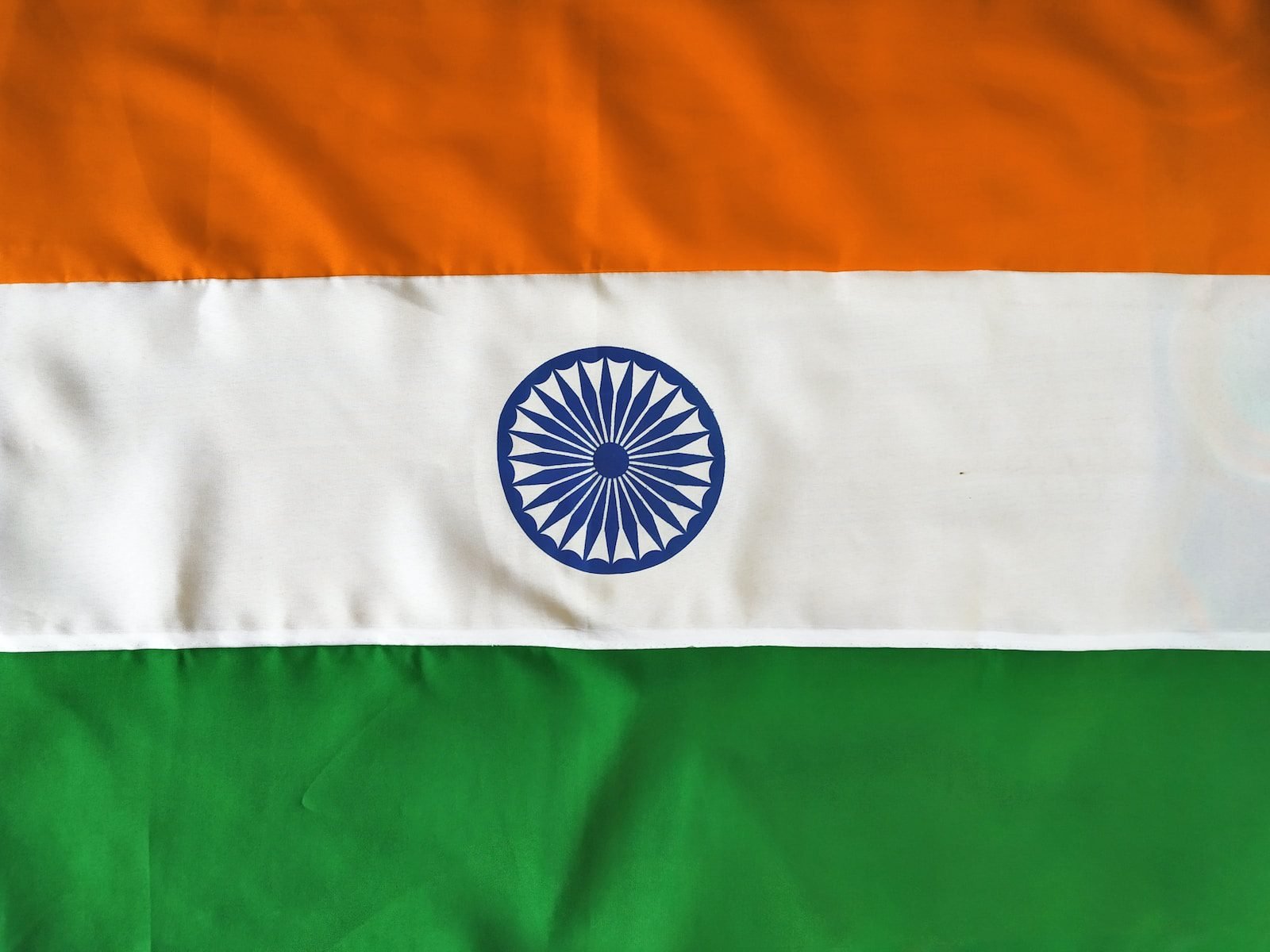Martin Eyjolfsson, permanent secretary of state at Iceland’s ministry of foreign affairs, claims that his nation places a strong priority on gender equality, democracy, and human rights and has very high per capita income, safety, education, and quality of life scores. Fisheries and electricity generation are the main industries, according to him, although tourism, IT, and high tech are some of the industries that are developing the quickest.
Given that his nation needs professionals in the domains of engineering and information technology, Eyjolfsson claims that India and Iceland have good synergy. “Our thriving gaming sector also need top-notch professionals. We need highly educated businesspeople, and India is plenty of them. According to him, India has tech talent that is open-minded and has received top-notch education both in India and abroad.
The nation takes pleasure in powering every industry with green energy, particularly geothermal energy (heat energy from the earth). This has also made Iceland a popular location for data centres, along with the nation’s cold temperature and an incredibly dependable infrastructure.
Iceland is a global leader in geothermal energy, and that industry has made the nation rich, according to Vijay Chauhan, chief research officer of GEG Power, a geothermal development and consultancy company. As a mechanical engineer, Vijay has degrees from IIT Mandi in Himachal Pradesh with a Master’s and Iceland with a Doctorate in geothermal energy. He finds it amazing how the nation based its inventions on geothermal energy, doing so in industries as diverse as manufacturing, tourism, energy generation, and the operation of data centres. He claims that credentials from reputable Indian universities are helpful for tech professionals considering a future in Iceland. The alternative is to enrol in a college in Iceland or work towards a doctorate there.
When the population is as small as it is in Iceland, according to Bala Kamallakharan, founder of Startup Iceland, society takes automation seriously. And as a result, the tech scene is lively. He claims that the best year for startup investment was 2022.
Bala holds a master’s degree in information systems from Louisiana State University and graduated from BITS Pilani. He relocated to Iceland in 2006 and married an Icelander before founding Startup Iceland in 2009–2010. He claims that because Iceland blends European and American principles, people there must work hard and produce things in order to maintain a high standard of living. According to him, the nation is more like a small town where everyone knows each other and scheduling meetings with CEOs and even the president is simple. Concepts are valued. He claims that if they believe your proposal is good for society, even the president of Iceland will ask you if you need any assistance to make it happen.
He advises techies who are interested in visiting Iceland to research local businesses, look at those that have just raised money, and get in touch with them. He claims that Iceland is one of the nations that has made the most strides in the development and application of AI.
electronic and multicultural
In order to work as a software professional at Islandsbanki, Mohith Kotian, a native of Udupi in Karnataka, relocated to Iceland in 2020. (Bank of Iceland). He claims that everything in Iceland is digital, including payments and paperwork, so he rarely has to carry his wallet. He advises techies to search LinkedIn for job openings in the fields of programming, automation, and product testing. He claims that in the first several years, techies who arrive as experts don’t pay as much in taxes as citizens from the area.
Iceland is getting more and more diverse. People travel there to work from all over the world, particularly from Europe, according to Bala. Reykjavk University, according to Vijay, attracts students from all around the world and has a vibrant rock music scene.
According to Mohith, there are a lot of restaurants and grocery stores in the city’s downtown.

